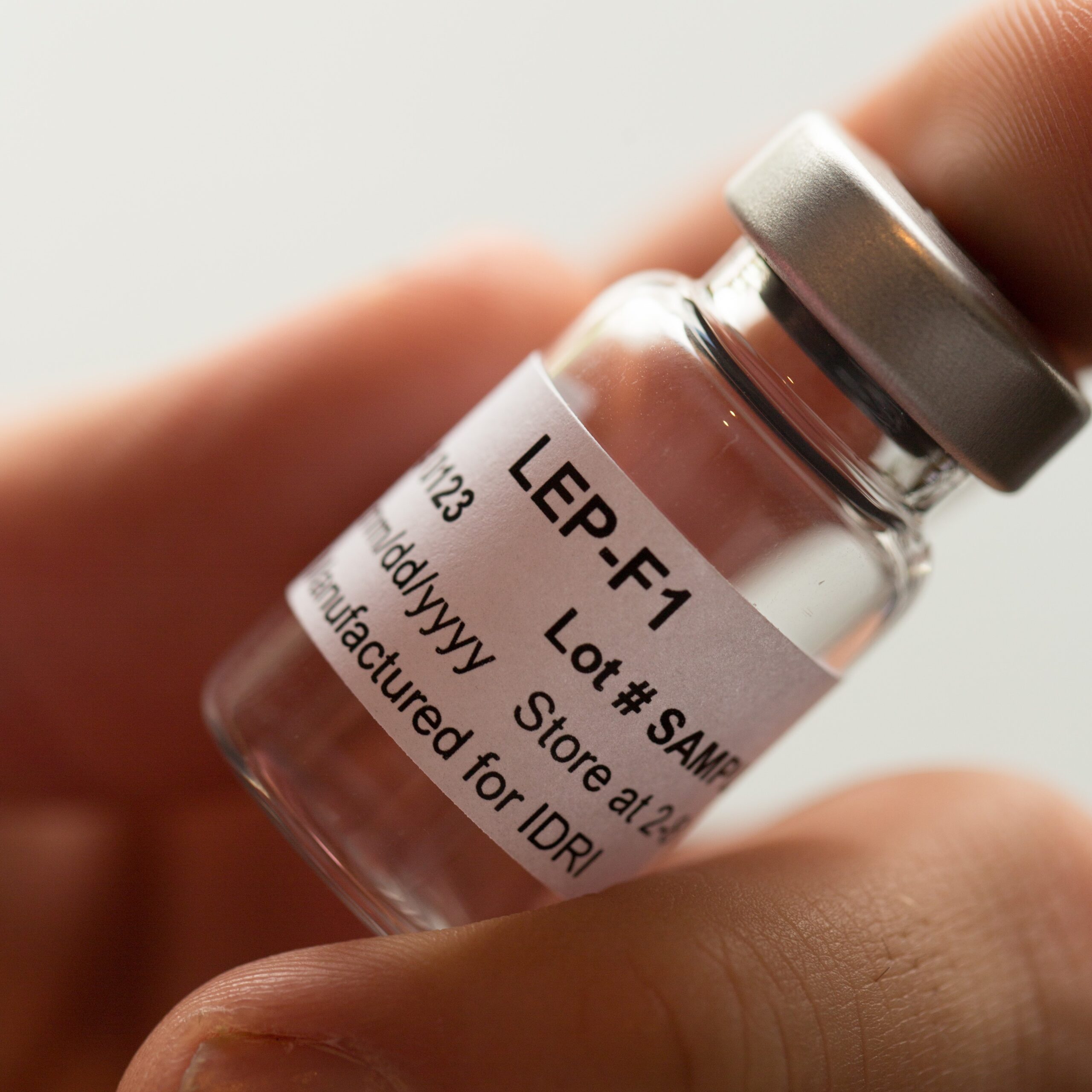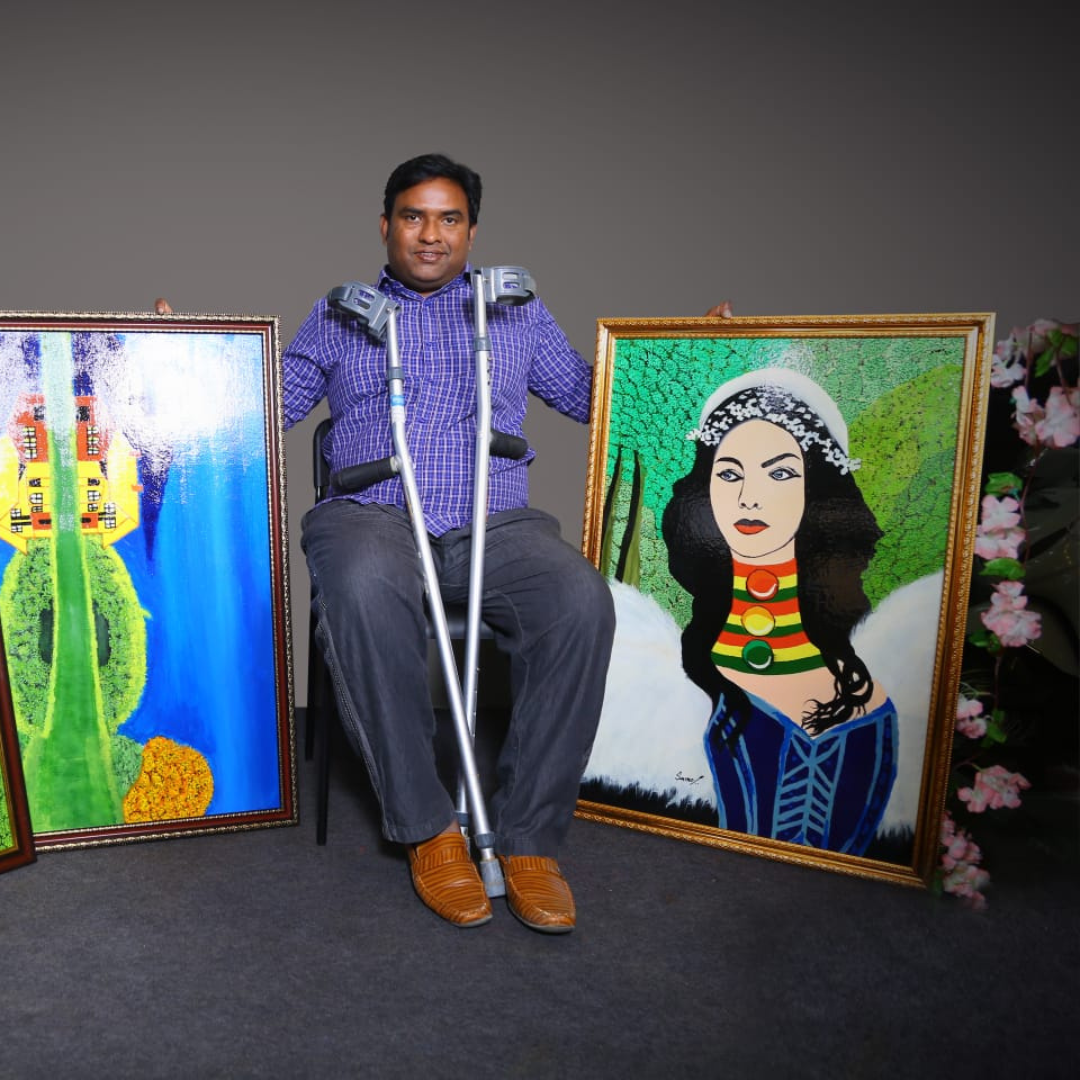In 2008, Japan prepared a draft resolution on the elimination of discrimination against persons affected by leprosy and their family members to be submitted to the UN Human Rights Council. Following the resolution’s adoption, the Advisory Committee formulated a draft set of principles and guidelines.
In 2010, a resolution encouraging governments and relevant actors in society to give due consideration to the principles and guidelines was unanimously adopted at the 65th session of the UN General Assembly.
The Principles assert that persons affected by leprosy and their family members are entitled to all the human rights and fundamental freedoms proclaimed in the Universal Declaration of Human Rights and other relevant international human rights instruments.
The Guidelines describe how States should promote, protect and ensure the full realization of these human rights and fundamental freedoms without discrimination on the grounds of leprosy. The list below is an unofficial abbreviated version.
- Promote, protect, and ensure the full realization of human rights and fundamental freedoms for persons affected by leprosy and their family members.
- Recognize that all persons are equal before the law and entitled to equal protection of the law.
- Pay special attention to the promotion and protection of the human rights of women, children and members of other vulnerable groups.
- Support the reunification of families separated in the past as a result of policies and practices relating to persons diagnosed with leprosy.
- Promote enjoyment of rights, including choice of place of residence, allowing full inclusion and participation in the community.
- Ensure that persons affected by leprosy and their family members enjoy rights related to participation in political life.
- Encourage and support employment.
- Promote equal access to education.
- Remove discriminatory language from governmental publications.
- Promote equal access to public places, public transport, cultural and recreational facilities, and places of worship.
- Provide free or affordable health care to persons affected by leprosy that includes early detection, prompt treatment, counselling, and access to free medication.
- Recognize the right to an adequate standard of living and provide assistance to persons living in poverty.
- Raise awareness and foster respect for the rights and dignity of persons affected by leprosy and their family members.
- Create a committee of stakeholders to develop, implement, and follow up on activities relating to the human rights of persons affected by leprosy and their family members.





